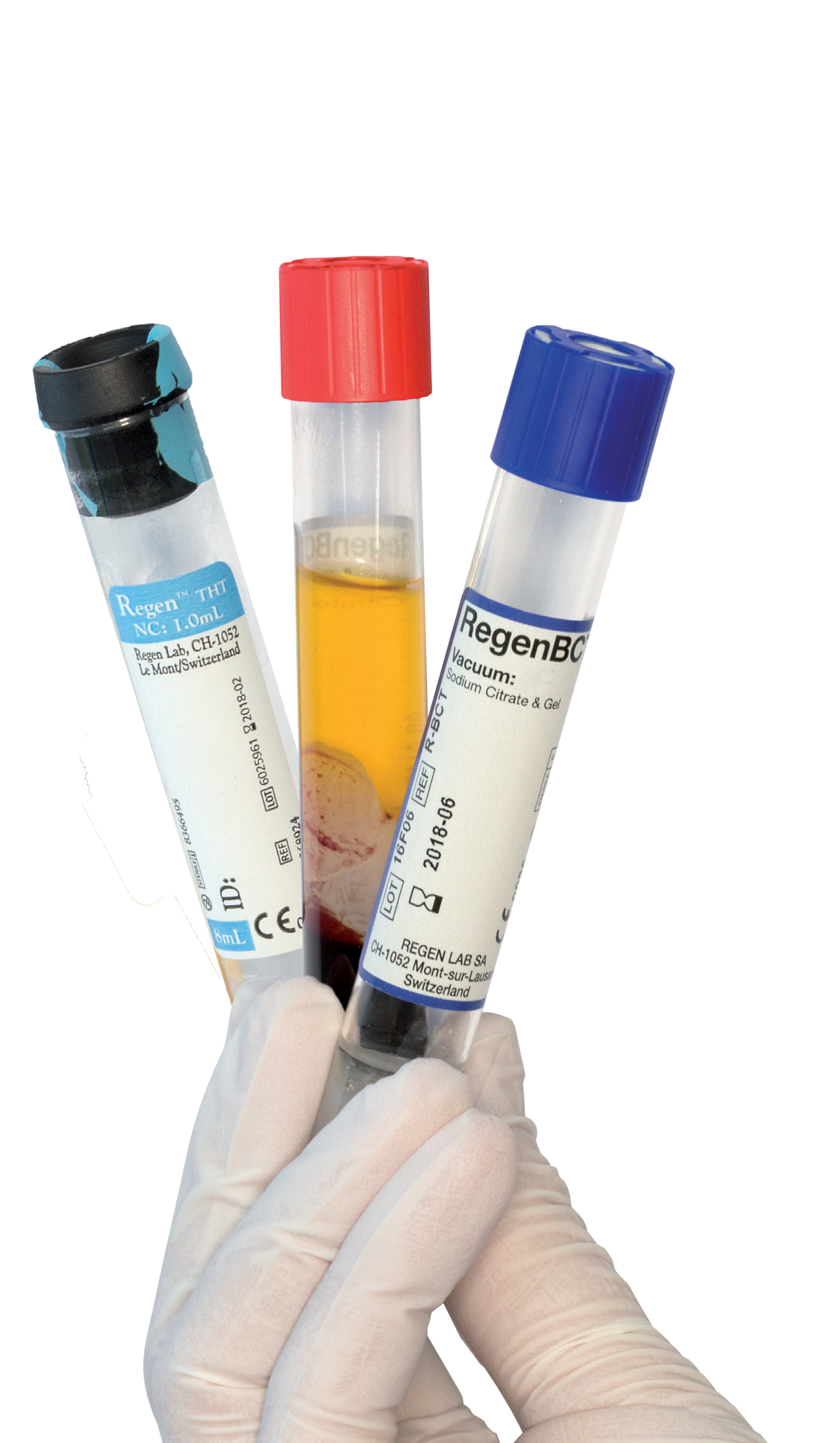Platelet-Rich Plasma (PRP) treatment is at the forefront of regenerative medicine, offering promising solutions to various medical conditions ranging from hair loss to orthopedic injuries. This innovative therapy works by harnessing the body’s natural healing processes, using the patient’s own platelets to accelerate recovery in injured tissues. The growing interest in PRP treatments has also spurred demand for reliable PRP suppliers and high-quality PRP products, essential components in the delivery of this cutting-edge medical service.
PRP treatment begins with a simple procedure where a small sample of the patient’s blood is drawn. This sample is then processed using a centrifuge to concentrate the platelets, which are rich in growth factors. The resulting platelet-rich plasma can then be injected into the injured area, releasing growth factors that promote tissue repair and regeneration. This method has shown significant potential in various fields, including orthopedics, dentistry, and dermatology, particularly in the treatment of conditions like osteoarthritis, tendinitis, and androgenic alopecia.
The effectiveness of PRP treatments heavily relies on the quality of PRP products and the proficiency of PRP suppliers. High-quality PRP products, including centrifuges, kits, and injection solutions, are crucial for achieving the desired concentration of platelets. Consequently, healthcare providers are increasingly seeking reputable PRP suppliers known for their reliability, product quality, and compliance with regulatory standards.
The market for PRP products is evolving swiftly, with innovations designed to enhance efficiency and patient outcomes. For instance, advanced PRP kits now offer improved platelet concentration techniques, which are critical for the success of PRP therapy. Additionally, some PRP products are designed to minimize discomfort and reduce procedure time, making the treatment more accessible and appealing to patients.
Choosing the right PRP supplier is a critical decision for healthcare providers. Factors to consider include the supplier’s track record, the scientific validity of their products, and their commitment to customer support. A good supplier not only provides quality products but also ensures that healthcare practitioners are well-informed about the latest advancements in PRP therapy.
In conclusion, PRP treatment represents a significant advancement in regenerative medicine, offering hope and improved quality of life for patients with various conditions. The success of these treatments depends on the collaboration between skilled healthcare providers, reliable PRP suppliers, and the use of high-quality PRP products. As the field of regenerative medicine continues to grow, the demand for effective and innovative PRP solutions is likely to increase, pushing the boundaries of what is possible in medical science and patient care.













